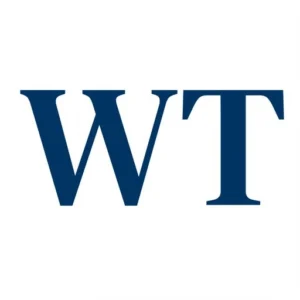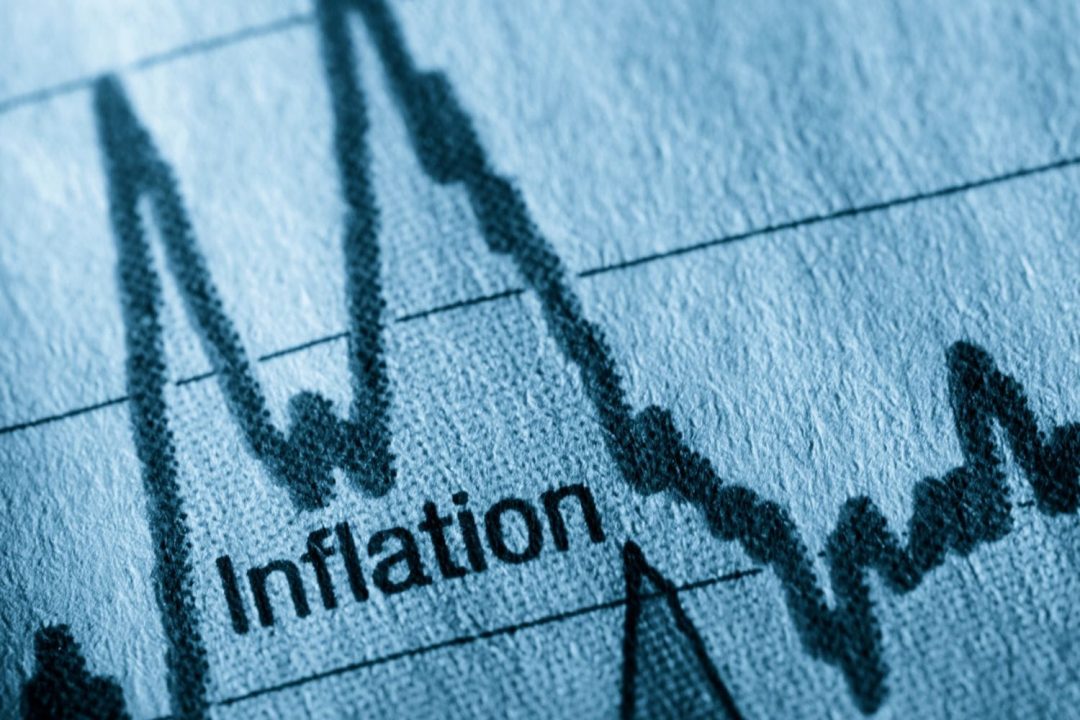
Canada’s fiscal landscape is set to undergo a significant shift as Prime Minister Justin Trudeau’s government unveils ambitious plans to address economic inequality and garner support from younger demographics in anticipation of upcoming elections.
In her annual budget announcement on Tuesday, Minister of Finance Chrystia Freeland outlined a series of measures aimed at redistributing wealth and investing in key areas such as education, housing, and mental health services. Among the proposed initiatives is a call for higher taxes on the wealthiest Canadians, with the goal of generating additional revenue to fund social programs and support vulnerable populations.
Under the proposed budget, capital gains exceeding 250,000 Canadian dollars would face a tax rate of 66.7 percent, a significant increase from the current rate of 50 percent. This measure is expected to generate nearly 20 billion Canadian dollars in revenue over the next five years, contributing to a total of 53 billion Canadian dollars in new spending aimed at addressing pressing societal needs.
A substantial portion of the budgetary allocation is earmarked for Millennials and Generation Z, with a focus on initiatives such as affordable housing, student grants and loans, rent subsidies, and work placement programs. The government aims to alleviate financial burdens and provide opportunities for younger Canadians to thrive in an increasingly competitive economy.
However, the success of these proposals hinges on gaining the support of the left-leaning New Democratic Party, which holds considerable influence in Trudeau’s minority government. With general elections looming on the horizon, Trudeau faces mounting pressure to regain lost ground in the polls, where his Liberal government trails behind the Conservatives led by Pierre Poilievre.
Trudeau’s leadership has been marred by widespread dissatisfaction over the rising cost of living and housing affordability. Recent polls indicate that a significant majority of Canadians view his administration’s handling of these issues unfavorably, highlighting the urgency of implementing effective policy measures to address the concerns of ordinary citizens.
In response to mounting criticism, Trudeau has unveiled ambitious plans to tackle the housing crisis, including the construction of nearly 3.9 million homes by 2031. These efforts aim to bridge the gap between housing supply and demand, providing much-needed relief to Canadians grappling with soaring real estate prices and limited housing options.
As Canada navigates the complexities of economic recovery and social reform, the federal budget signals a renewed commitment to equitable prosperity and inclusive growth. With the promise of enhanced support for the most vulnerable segments of society and measures to promote economic stability, the government aims to lay the groundwork for a more resilient and prosperous future for all Canadians.















